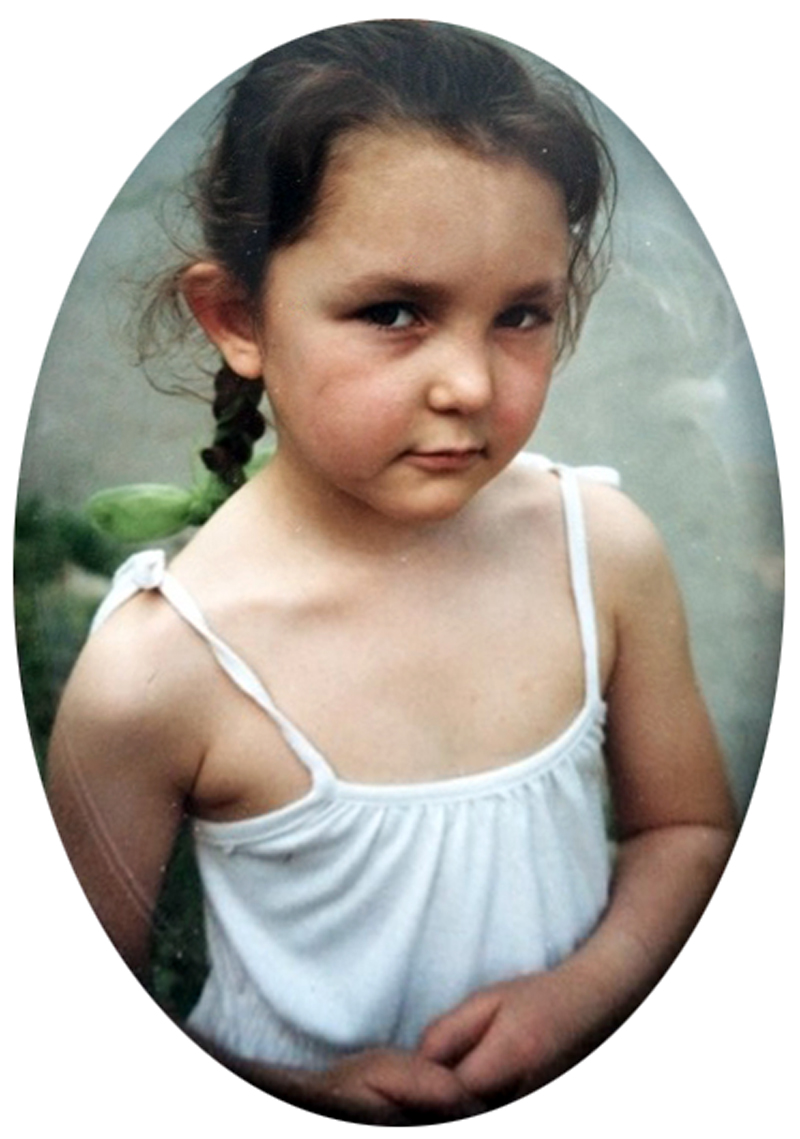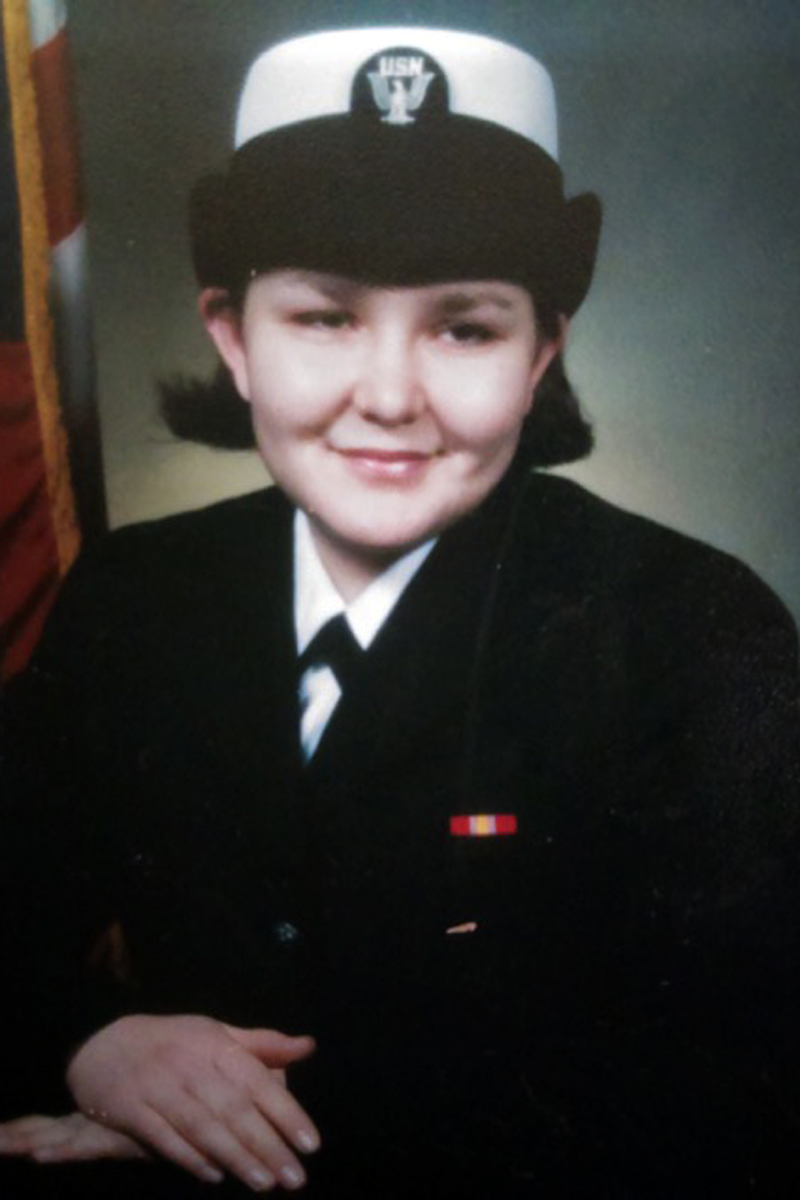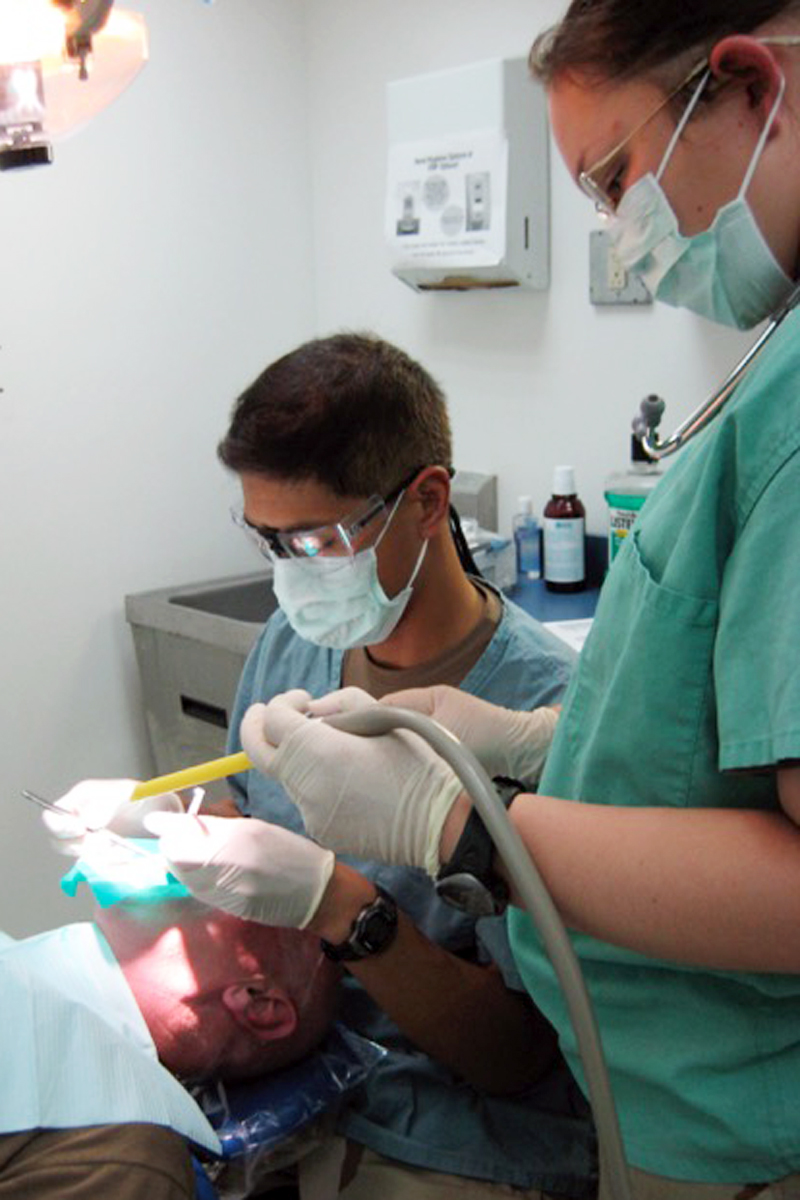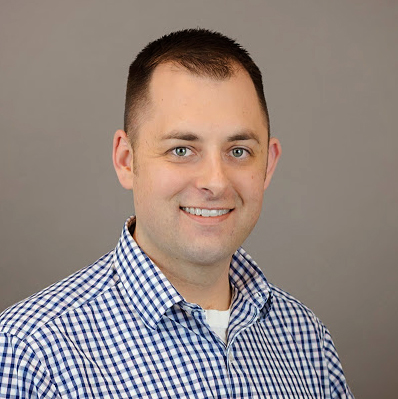On the day following her graduation from the MEDEX Northwest physician assistant program, Lena Redkina was sworn in as a naval officer during a private ceremony on the campus of the University of Washington in Seattle.
Previously, Lena held the military rank of first-class petty officer of HM1.
“The HM would be my rate—hospital corpsman—and then 1 indicating that I was a first-class petty officer,” she explains. “Once I was commissioned, I was awarded the title of lieutenant junior grade.”
The swearing-in ceremony is the pronunciation of the oath of office for a naval officer. Sworn in by MEDEX alumni Bradley Smith, PA-C, the moment officially marked the start of Lena’s career as a naval officer.
In the few short weeks after completing the 2-year MEDEX program, Lena was able to graduate, take a military fitness test—another condition of her getting commissioned—then take and pass the PANCE certification test to secure her license to practice medicine as a physician assistant.
She attended the MEDEX civilian PA program under a military scholarship with the understanding that, upon successful completion and licensure, she would be able to get commissioned as an officer. “I was very fortunate to get the Health Sciences Collegiate Program scholarship that is offered by the Navy. It covered my tuition.”
She has since embarked on a 2-year assignment in support of the 3rd Marine Logistics Group in Japan as a PA. For someone who joined the military in 2005, this moment in time allows Lena to pay back what she’s been given.
“The military has been very good to me,” she says with clear appreciation in her voice.
“It’s been part of my life from a young age. It offered the structure, the discipline that I really love. One of my reasons for joining the military was to give back to the country that gave me all these opportunities. By coming back as an officer, I feel like I can give more. And that was one of my goals. I have wanted to become an officer for a long time, with the ultimate goal of just making sure that I do everything I can to give as much as I can.”
At age 11, Lena immigrated to the United States with her family from Almaty, Kazakhstan in 1999.

Seven years later, she was able to obtain her citizenship at the age of 18. She recognizes immigration and its contribution to cultural diversity as one of the strengths of this country.
“I’ve met a lot of people from all over the world. And it’s been a wonderful experience.”
Lena entered the American public school system towards the end of sixth grade and demonstrated an affinity for science. “I liked learning about the human body. In order for me to best understand myself, I started with learning how the body works.”
This proved to be an early indication of her future career.
“The fact is that I enjoyed helping people,” Lena says. “I figured that this would give me the best of both worlds. It gave me the scientific background and understanding of how the human body works and how the world works. And also gave me an opportunity where I can help others.”
By age 13 Lena had a clear notion that she’d pursue medicine as her career direction. However, there was some concerns from her family.
“I’m very sensitive and I take things very close to my heart. They were afraid that a profession such as this might be really hard on me. But they were always supportive of my decisions and always did everything to make sure that I accomplished my goal.”
The fact is that Lena’s sensitivity could also be viewed as a strength in a helping profession.
“I definitely agree,” she adds. “There’s is a balance that needs to be struck. If you’re constantly processing other people’s pain and frustration, over time it takes a toll to the point where it’s hard to do your job. So, the key is to find a balance where you can still empathize and sympathize and do your job really well without being disabled by other people’s pain. In order to help as many people as possible, you need to maximize your efforts and make sure you can do that job over a long time.”
To this point, Lena recalls her first duty station at age 18 while working in a hematology/oncology unit.
“That was the first time I got my taste of chronic illness, chronic pain, and suffering. Initially, I was taking it personally. It was hard. But one of my mentors said to me, ‘You can’t die with every patient because there will always be someone else to take his or her place, and they will require the same amount of energy, dedication and commitment. You need to leave yourself for them too’.”
Joining the Navy at age 17 with no formal medical training, Lena entered boot camp in 2005, then went on to Hospital Corps School in Great Lakes, IL. This is where sailors go to become trained as corpsmen. After graduation in 2006, she was assigned to her first duty station in at the National Naval Medical Center in Bethesda, Maryland, now called the Walter Reed Medical Center.

“I was what’s called a quad zero corpsman, which means that I did not have a specific designator, so did not have a specific specialty,” says Lena. “Unlike someone who went to extra training as a surgical technician or a lab technician, a quad zero corpsman had opportunities to work basically in any environment, any specialty, and fill in any gaps in the workforce.”
This gave Lena the opportunity to work in a lot of different medical environments, including family medicine, dentistry, urgent care clinics and OB/GYN. “Every one of those fields is unique,” Lena adds. “I think this is one of the main things that best prepared me for PA school.”
It was during this time that Lena began to get a glimpse of what was possible for her future.
“Looking at doctors and other physician assistants that I work with, I felt that by going further in my education, I could do more. I could give more, both to my patients and to the people I worked with.”
This prompted her decision to pursue further education. She considered medical school, but after surveying both professions, decided that physician assistant was a better route.
“My goal in medicine was to be able to provide services whatever and wherever needed,” she says. “The disadvantage with being a doctor is that you generally stay in one specialty. Because it’s so advanced, so detailed, it’s hard for MDs to switch and be as versatile as PAs. As a PA, you have the opportunity to cross-train. If you’re working in cardiology and then are needed in emergency medicine, you can do that. I just figured as a physician assistant, it would better help me reach my goal of meeting the country’s medical needs.”

A reservist at the time she applied to MEDEX, Lena has returned to active duty as a commissioned officer. For her first duty station, she’s attached to an operational unit with the Marines in the 3rd Medical Battalion in Japan.
“The Navy provides medical support to our Marine units,” Lena explains. “I’ll be there as a PA, a physician assistant.”
We talked to Lena days before her departure for Japan. In this operational assignment, she’ll have two primary roles.
While at the home base, Lena will provide routine medical care in a family practice setting to active duty members. Then, anytime the marine units go on missions, it will be Lena’s duty to accompany them for any medical needs. “It’s also an opportunity to practice tactical medical operations like operating, opening or setting up a field hospital, conducting medical evacuation procedures, or working with other coalition forces in running medical operations,” she adds.
Previously, Lena has had duty assignments outside the US, including time in Africa and one year in the Persian Gulf. “But I’ve never been to the far east. This will be a great opportunity and learning experience,” she says.
Bradley Smith, PA-C conducted Lena’s swearing-in ceremony on August 25th, the day after her graduation from MEDEX Seattle Class 50. Bradley is a Captain in the Army National Guard, a graduate of MEDEX Seattle Class 46 in 2014, and was Lena’s preceptor at a clinical rotation at Sound Family Medicine in Puyallup, WA. They have known one another since Bradley’s student days.

“I originally met Lena when I was a student, and it was in my final rotation at Naval Hospital Bremerton’s OB-GYN service,” Bradley tells us. “She was a hospital corpsman and a reservist who was doing her annual training, the two weeks of duty that she needed to fulfill. She expressed interest in PA education. She had met a few PAs before but had never really been sure where to go as far as school.”
Bradley gave her a bit of advice and requested that she keep in touch about her career direction.
Months later, Lena informed Bradley that she applied to MEDEX and had been invited to an admissions interview. “She was very nervous and wanted to find out more about the interview process,” Bradley says. “Later on, after she got accepted, I would hear from her every once in a while, asking for advice on how to not drown in the program, which is known for near-drowning sometimes.”
Lena concurs. “Through the didactic year, he was there to tell me that, ‘You will survive this.’ And he gave me pointers as to how to study better. Once I was in the clinical year, he made it possible for me to do one of my electives with him in Puyallup. It was a great month where I had an opportunity to learn a lot. He was one of my preceptors who really taught me to think like a provider, and not just a student.”
A few months prior to Lena’s graduation, she asked Bradley to swear her oath of office for her.
“I’d been involved in her education and formation up until that point, and was happy to bring her back into the military,” he says.
It’s not the first time Bradley Smith has been involved in a MEDEX student’s life. In 2014 he swore MEDEX graduate Juan Elliot, PA-C into the National Guard. Presently, he is precepting a MEDEX Tacoma student.
“The role that I try to fill is to help somebody make a softer landing into the civilian world,” he says. “It can be disorienting to have been in the military for years, and then suddenly be in a civilian training program and a civilian clinical practice. It’s very different from its military counterpart. The language is different, the manners are different, the way that you show respect for one another is different. That’s something that I’ve focused on, particularly with military students, by helping them through the transition that somebody in the past helped me through.”
Bradley credits Elliot Collins, PA-C and Jen Erickson, MPH, PA-C as his mentors.
“Elliot Collins was a year ahead of me at MEDEX, and now works out of Trauma Trust in Tacoma,” Bradley says. “He was prior military and I met with him before I started my classroom year. We just talked about how to make it through the didactic year intact and mostly sane.”
He also benefited a lot from advice that he got from Jen Erickson, the Site Director at MEDEX Tacoma.
“She and I have known each other for 10 or 11 years, and she helped me as I transitioned off of active duty into her unit in the National Guard. She was a PA student at that time and pointed me in the right direction in terms of what I wanted to do with my own career. So, I try to pay that favor forward whenever I can.”
Speaking about Bradley Smith, Lena has high praise.
“I couldn’t have asked for a better mentor,” she says. “I was very grateful that he drove all the way from Puyallup to conduct my commissioning ceremony. He was definitely one of the people without whom I would not be at this point today.”
For those military personnel and veterans coming up behind her, Lena Redkina recommends seeking out a mentor who has already walked the PA path.
“Someone who has been through the journey or is very familiar with it, who is willing to be there as you pursue this route. I know that for me—my family and my mentors, my teachers, and my friends—they were all instrumental in helping me achieve this. Without them, I wouldn’t be here.”

